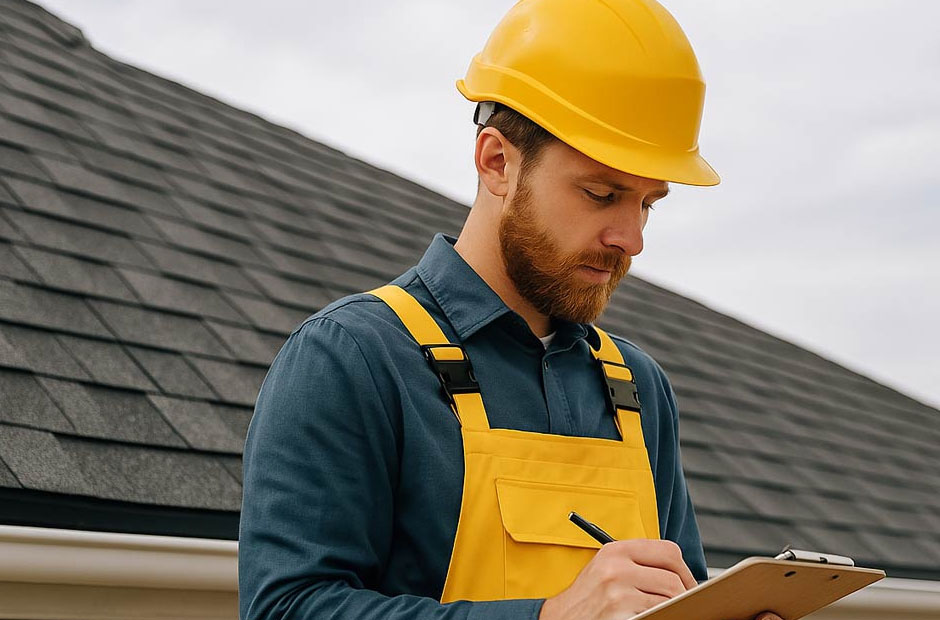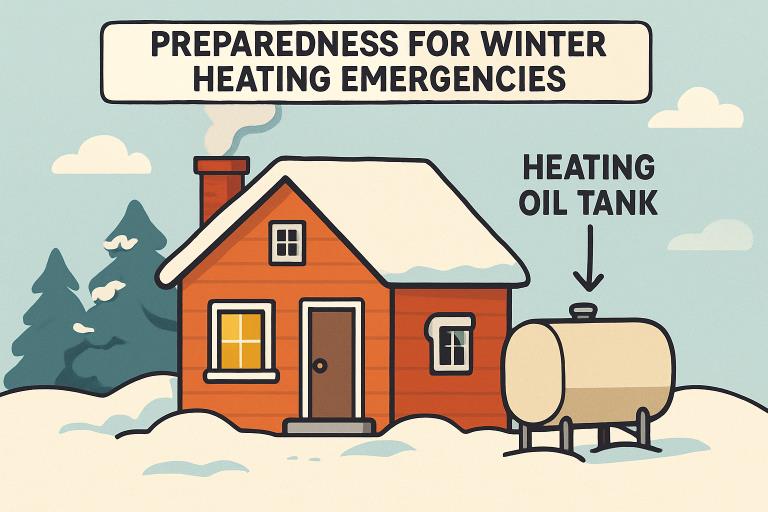Now Reading: Why Choosing a Licensed and Insured Roofing Contractor Matters
-
01
Why Choosing a Licensed and Insured Roofing Contractor Matters
Why Choosing a Licensed and Insured Roofing Contractor Matters

When it comes to roofing projects, whether you’re repairing a small leak or having to replace an entire roof, selecting the right roofing contractors Leesburg is crucial. A roof isn’t just a functional part of your home; it’s a key line of defense against weather, pests, and structural damage. While it might be tempting to hire the first contractor you find online or the one offering the lowest price, doing so can be risky. One of the most important factors to consider is whether the contractor is both licensed and insured. Here’s why this distinction matters. When it comes to roof replacement Annapolis, choosing a licensed and insured roofing contractor gives homeowners peace of mind knowing their project is handled by qualified professionals who prioritize safety, quality, and accountability.
Protection Against Poor Workmanship
A licensed roofing contractor has met specific requirements set by the state or local regulatory body. Licensing typically involves proving competency through exams, training, and demonstrating experience in roofing work. By choosing a licensed professional, you’re more likely to receive quality workmanship. Licensed contractors are held to professional standards, meaning they must adhere to building codes and best practices. If any issues arise during or after the project, a licensed contractor is more likely to correct them responsibly.
Unlicensed contractors, on the other hand, may lack the necessary training or knowledge to handle roofing projects properly. Hiring an unlicensed contractor can lead to shoddy work, code violations, or even damage to your home. In extreme cases, unlicensed work can lead to problems that affect your home insurance coverage, leaving you financially vulnerable.
Financial Protection Through Insurance
Accidents happen, even for experienced contractors. Roofing work involves heights, heavy materials, and potentially dangerous tools. A contractor with proper insurance coverage, including liability insurance and workers’ compensation, protects both you and the workers in the event of an accident.
Liability insurance covers property damage caused during the roofing project. For example, if a contractor accidentally damages your siding, windows, or landscaping while replacing your roof, liability insurance ensures the costs are covered. Without insurance, you could be held financially responsible for these damages.
Workers’ compensation insurance covers injuries by the roofing contractor or their employees while working on your home or property. Roofing is physically demanding and inherently risky, and injuries can happen even with safety precautions in place. If a contractor isn’t insured, and a worker is hurt on your property, you could potentially be liable for medical bills and any wages that have been lost. Choosing an insured contractor eliminates this risk, giving you peace of mind throughout the project.
Compliance With Legal Requirements
Many states and municipalities require roofing contractors to hold both a valid license and insurance before performing work. Hiring a licensed and insured contractor guarantees that your project complies with local laws and building codes. This can prevent legal headaches, fines, or even the need to redo the work if it’s later discovered that an unlicensed contractor was used.
Additionally, if you plan to sell your home in the future, having documented proof that your roofing work was performed by a licensed and insured contractor can add value and confidence for potential buyers. It demonstrates that the work was done professionally and legally, which can be a strong selling point.
Quality Assurance and Warranties
Licensed and insured contractors are often able to provide warranties on their work. A warranty is an assurance that if something goes wrong within a certain period, the contractor will fix it at no additional cost. This level of guarantee is rare with unlicensed contractors, who may disappear or refuse to take responsibility for mistakes. Warranties provide financial protection and reassurance that your roof will last as expected.
Avoiding Scams and Fraud
Unfortunately, the roofing industry has its share of scams. Unlicensed contractors may use high-pressure sales tactics, demand full payment upfront, or abandon a project midway. By going with a licensed and insured professional, you lessen the risk of encountering fraud. Licensing ensures that the contractor is registered with a legitimate governing body, and insurance coverage signals that they operate responsibly and professionally.
Peace of Mind and Professionalism
Beyond legal and financial protections, hiring a licensed and insured contractor offers peace of mind. You can be confident that the work will be completed safely, correctly, and in line with industry standards. Professional contractors take their responsibilities seriously, communicate clearly, and adhere to timelines and agreements. This level of professionalism not only reduces stress during the project but also increases the likelihood of a long-lasting, high-quality roof.
Conclusion
A roof is one of the most critical components of your home, and the investment you make in it deserves careful consideration. Choosing a licensed and insured roofing contractor protects you financially, ensures compliance with local laws, guarantees quality workmanship, and provides peace of mind. While it may be tempting to cut corners by hiring an unlicensed or uninsured contractor, the potential risks far outweigh any short-term savings.
When planning your roofing project, take the time to verify the contractor’s license and insurance status. Request proof of insurance, check their licensing credentials with your state or local regulatory board, and read reviews or ask for references. By making a careful, informed choice, you’re not only safeguarding your home but also ensuring that your roofing project is completed efficiently, safely, and professionally.





















